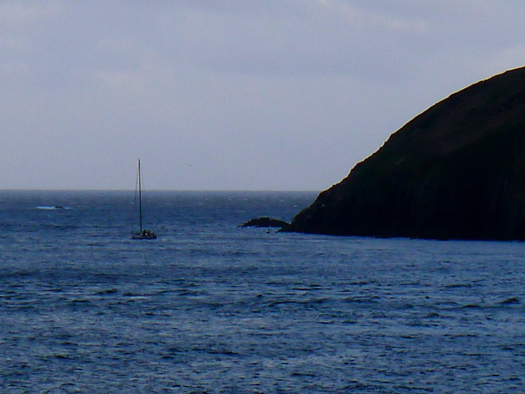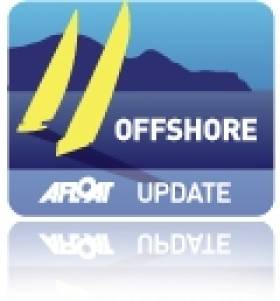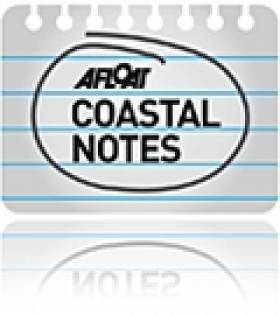Displaying items by tag: Ar Seachrán
'St Brendan Voyage' Fisherman Finds Fame on Iceland
#VOYAGE - The Irish Independent reports on the rapturous welcome received by retired Irish fisherman Finbarr Murphy in Iceland as he retraces the route of St Brendan the Navigator.
The West Cork sailor has already travelled on his restored yacht, the 19-metre Bella Donna, via the Orkneys, Norway and the Faroe Islands - crossing the freezing waters of the far north Atlantic to reach Iceland last month.
Since his arrival he's been treated as a celebrity, with regular appearances in the press and on TV and radio, and so has understandably decided to spend the rest of the winter in Iceland before the final leg of his voyage to Greenland early in the new year.
Murphy isn't the first to retrace the voyage of the legendary St Brendan, as last year a crew of sailors, artists, musicians and historians attempted the same on board Paddy Barry's 45ft yacht Ar Seachrán.
As previously reported on Afloat.ie, that trip hit a snag along the way in May last year when the boat was refused permission to land on Skellig Michael off the Kerry coast.
St Brendan Voyagers Refused Access to Skellig
The crew of sailors, artists, musicians and historians on board Ar Seachrán - who are retracing the famous voyage of St Brendan - were refused permission to land on Skellig Michael, it has emerged.
The Kerryman reports that though some visitors are understood to have landed on the island in recent weeks, the OPW refused the Brendan's Voyage crew on health and safety grounds.

A spokesperson for the OPW said it requires at least 10 days notice to make preparations for any visitors and repair damage to pathways and buildings occurring over the winter months.
Dr Breandán Ó Ciobhán of the voyage party described the news as "very disappointing".
Ar Seachrán, a 45ft yacht owned by Paddy Barry - himself a veteran of unique ocean voyages - will continue on its journey up the west coast of Ireland and Scotland, by the Orkneys, Shetlands and Faroe Islands to Iceland.

























































